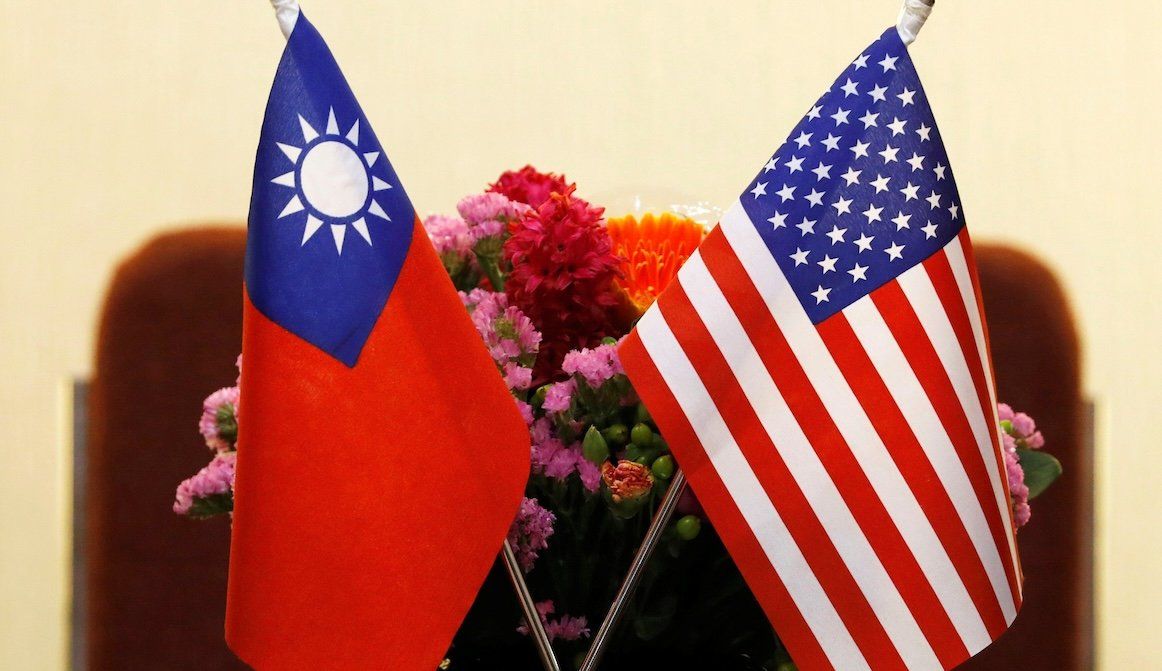November 12, 2024
The US Department of Commerce ordered Taiwan Semiconductor Manufacturing Company to stop shipping advanced chips to Chinese customers starting yesterday, Monday, Nov. 11. The government sent a letter to TSMC specifying that this restriction applies to all chips that are seven nanometers or smaller, which can be used to power artificial intelligence models.
Just weeks ago, TSMC notified the Commerce Department that it found that chips it produced were used inside of a Huawei processor. Huawei is a Chinese tech giant subject to stringent US trade restrictions. In response, TSMC cut off Sophgo, a Chinese chip designer that used its fabrication facilities to make the Huawei chip in question.
In Oct. 2022, the Biden administration announced stringent export controls against chips flowing into China. But there wasn’t an all-out ban, explains Xiaomeng Lu, director of Eurasia Group’s geo-technology practice. “US suppliers could seek a sales license to sell to Chinese buyers and sometimes they do get approved — this is the nature of [the] export control regime,” she said. “They are not blank bans.”
But now, TSMC, a strategic corporate partner of the US government, will be barred from all Chinese sales under the new export control rules. “It is possible that TSMC has sought these licenses and offered green lights [to bypass the rules],” Lu said. “Conversely, they have failed to comply with US rules and were caught doing so.”
More For You
Ian Bremmer sits down with former US Ambassador to NATO Ivo Daalder to unpack a historic shift in the transatlantic alliance: Europe is preparing to defend itself without its American safety net.
Most Popular
Think you know what's going on around the world? Here's your chance to prove it.
U.S President Donald Trump, U.S. Vice President JD Vance, and U.S. Secretary of State Marco Rubio pose for a family photo with other representatives participating in the inaugural Board of Peace meeting, at the U.S. Institute of Peace in Washington, D.C., U.S., February 19, 2026.
REUTERS/Kevin Lamarque
Argentina, Armenia, Belarus, Egypt, Indonesia, Jordan, Pakistan, Paraguay, Vietnam – to name only a few.
A poster featuring Andrew Mountbatten-Windsor, formerly known as Prince Andrew, is installed on a sign leading to the parking area of the Sandringham Estate in Wolferton, as pressure builds on him to give evidence after the U.S. Justice Department released more records tied to the late financier and convicted sex offender Jeffrey Epstein, in Norfolk, Britain, February 5, 2026.
REUTERS/Isabel Infantes
British police arrested former Prince Andrew Mountbatten-Windsor today over allegations that in 2010, when he was a UK trade envoy, he shared confidential government documents with convicted sex offender Jeffrey Epstein.
© 2025 GZERO Media. All Rights Reserved | A Eurasia Group media company.
